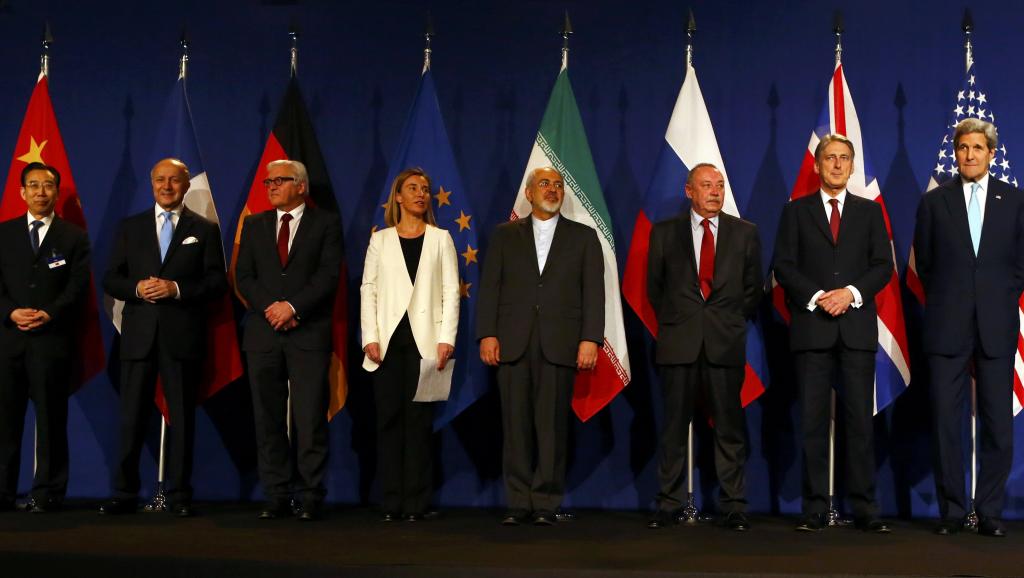JCall acknowledges the nuclear agreement reached between the P5 + 1 and Iran, establishing an international control on Iran’s nuclear program. Putting an end to 12 years of negotiations, this agreement should rule out the risk of seeing Iran get he nuclear weapon by next year as it would probably have done—had it not been signed—, according to most observers. It will offer 10 years of respite during which Iran will be submitted to regular checks of the International Atomic Energy Agency (IAEA), to make sure its commitments are being respected. This agreement should also curb the desire of other countries in the region (Saudi Arabia, Turkey, Egypt) to equip themselves with nuclear weapons, minimising thus the risk of nuclear proliferation.
This agreement, hoped for and expected by a population penalized these last 40 years by international sanctions allows Iran, heir to the famed Persian civilization, to regain its rightful place in the community of nations. By signing it, western negotiators have taken up a double challenge:
-First, the resumption of an economic cooperation with the West will boost the gradual liberalization of the Iranian regime and allow it to respond to demands for democacry from civil society, and will thus reinforce the strength of its opposition.
-Secondly, the wish to see Iran become a partner in order to appease tensions in the region. Westerners understand that facing the shattering of the States in the region, Iran is a major key player for solving the Syrian, Iraqi and Lebanese issues. Western negotiators hope it will join forces with the international coalition to fight Daesh advances in the region.
Of course, this agreement does not allow Iran to shirk its heavy responsibilities regarding its regime’s actions against its own people ( opponents, homosexuals, artists, intellectuals, restraints imposed to women…) and its support to terrorist movements which have perpetrated a number of anti-Israeli attacks in the world, including the 1994 attack against the building of the Jewish community in Buenos Aires. It does not clear Iran of its antisemitic and negationnist campaigns, it does not clear it either of its reiterated will to wipe Israel off the map.
But this agreement, as imperfect as it is, is preferable to the absence of an agreement which would not have prevented Iran from getting, sooner or later, nuclear weapons. After more than 40 years of confrontation with the West, it is concrete evidence that the strategy of diplomacy is preferable to war. We may hope that Iran, closer to the West, more open to the world and on speaking terms with the United States, will be less dangerous for Israel in the future.






